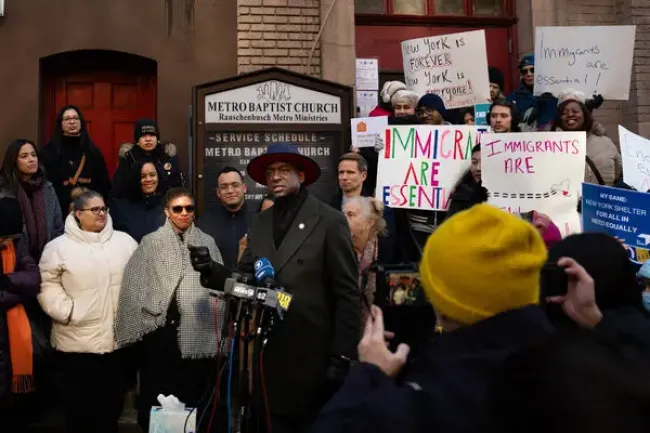The Exonerated Central Park Five: Korey Wise, Yusef Salaam, Raymond Santana, Kevin Richardson and Antron McCray
From Innocence to Exoneration: How Trump's Call for Death Sentences Against the Central Park Five Haunts His Presidential Aspirations
In 1989, a horrific crime shocked New York City: the brutal rape and assault of a white female jogger in Central Park. As the city reeled from the attack, Donald J. Trump took a bold and controversial stand. With the ink barely dry on the police reports, Trump took out full-page newspaper ads demanding the reinstatement of the death penalty. The message was clear: he wanted blood, and he wanted it fast.
The accused? Five Black and Latino teenagers—Korey Wise, Yusef Salaam, Raymond Santana, Kevin Richardson, and Antron McCray, collectively known as the Central Park Five. Their lives were forever altered by Trump's inflammatory rhetoric and the fervent public outrage it stoked. Wrongly convicted and sentenced to a combined 41 years in prison, these young men faced a relentless storm of hatred and prejudice, all fueled by Trump's call for their execution.
Fast forward to 2002: DNA evidence and a confession from the real perpetrator exonerate the Central Park Five. Yet, Trump, now a former businessman with a growing political profile, refused to issue an apology. His refusal to acknowledge his role in their suffering has since become a stain on his legacy, echoing through his presidency and beyond.
At the recent Democratic National Convention, the Exonerated Five—excluding McCray—appeared on stage to deliver a searing indictment of Trump. Their words were not just a personal recount of injustice but a stark warning to voters about the nature of Trump's character. Korey Wise, who endured the longest prison term among the group, laid bare the emotional and psychological toll of Trump's actions. “He called us animals. He spent $85,000 on a full-page ad in The New York Times calling for our execution,” Wise said. “We were innocent kids, but we served a total of 41 years in prison.”
Yusef Salaam, now a New York City Council member, was equally damning. “Trump wanted us dead. He has never changed, and he never will,” Salaam declared. “That man thinks that hate is the animating force in America. It is not.”
The Democrats seized the moment, using the Exonerated Five’s testimony as a powerful symbol of Trump's divisive and dangerous approach to governance. The presence of these men at the convention underscored a stark contrast between Trump's past actions and the more empathetic, reform-focused vision of Vice President Kamala Harris.
In a convention characterized by high-profile endorsements and scathing critiques of Trump’s presidency, the appearance of the Exonerated Five was a particularly potent reminder of his moral failings. As Rev. Al Sharpton aptly put it, “I see a candidate who has sought to reform and uphold the law, and a man who wrongly assumes his mug shot appeals to Black Americans.”
Trump's refusal to apologize, coupled with his history of fueling racial animosity, highlights a broader issue that may haunt him as he seeks a second term. The Central Park Five's experience is more than a personal grievance—it's a reflection of Trump's disregard for justice and human dignity. As voters consider the upcoming election, the haunting legacy of Trump's call for the execution of innocent teenagers is a stark reminder of his true character.
